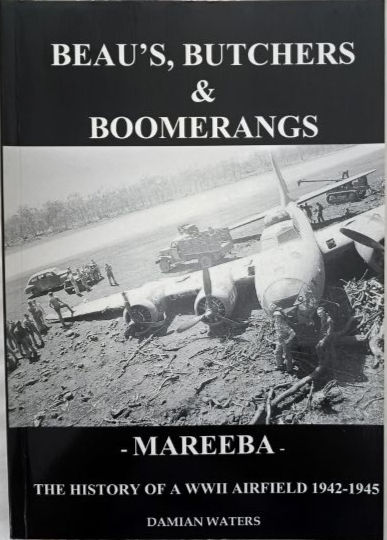Psychological Effects Of U.S. Air Operations in Four Wars, 1941-1991: Lessons for U.S. Commanders (1996) By Stephen T. Hosmer
The psychological effects of air operations can significantly shorten wars and reduce their costs, particularly in American lives. In some conflicts, the psychological effects of air operations may exceed the physical effects in importance.
This report suggests ways to maximize the psychological impact of U.S. airpower in future conflicts. To do so, it draws on interrogations of enemy deserters and POWs and other data to examine, compare, and draw lessons from the psychological effects of air operations in the Korean, Vietnam, and Persian Gulf wars and to a lesser extent, in World War II. Two types of air operations in particular have the potential to produce psychological effects that may significantly reduce the duration and intensity of an enemy's resistance:
- air operations against enemy strategic targets, the destruction or threatened destruction of which might help to coerce an enemy government to end a conflict on terms acceptable to the United States
- air operations against enemy deployed forces, the demoralization of which might cause enemy cohesion to disintegrate and battlefield resistance to collapse.
- Soft Cover
- 220 pages
- In Good Condition
































